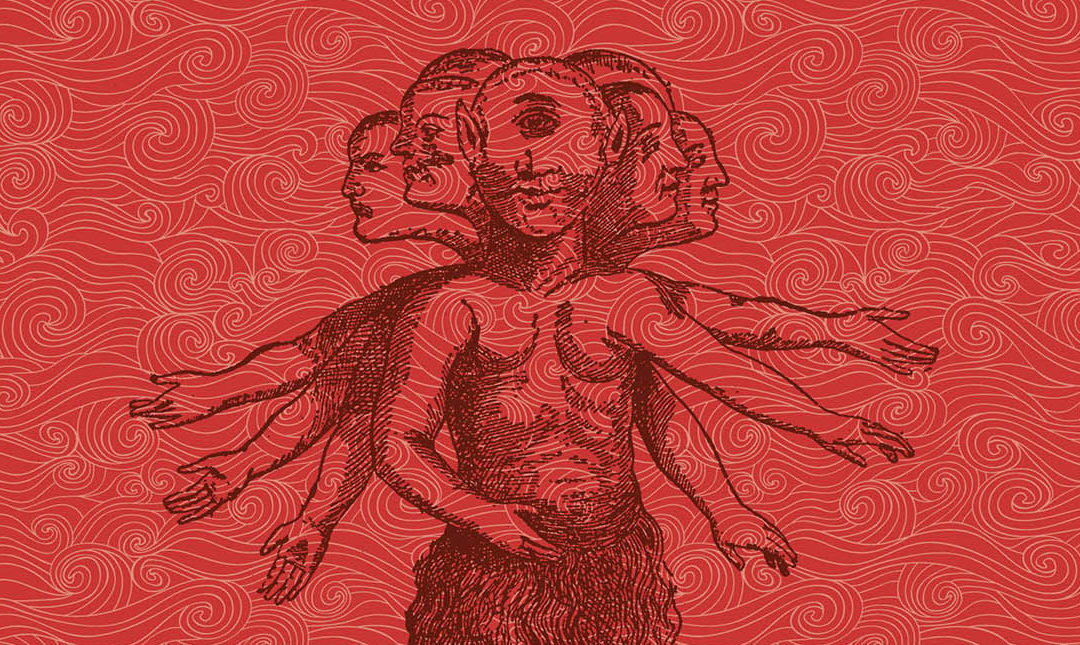‘i think i want to write about race’
really
thats really cool
can you do that arent you white
o so you decided to go full american then
will you send me your poems
i think thats a good move for you
are they going to be performance poems
i thought you hated that sort of thing
what do you think of sarah howe
sweet
is that because you feel under pressure to write about that
thats so needed in this country especially after brexit
i thought you were going to write about honesty
no offence but why bother
have you told your mum
have you read sarah howe
you should ask for funding so you can go back to hongkong
o thats actually pretty interesting
great move thats what the arts council likes
i thought you were going to write about performance poems
o that makes sense i guess
didnt someone do that last year or was it the year before
good on you
yes yes yes yes excellent
have you really experienced that sort of thing then
yes
o good i hoped that you would
thats kind of brave of you
i thought you were going to write about food
will you get to go back to hongkong
isnt that the sort of thing you normally hate doing
is this because you did that thing at soas last year
that is so super exciting
im so glad
can i read it after
I really want to write about Sean Wai Keung’s new pamphlet. It’s called you are mistaken and we’ve just published it. I didn’t judge the competition it won and I didn’t have much to do with preparing it for publication so I think I’ll be safe from accusations of ‘you would say that wouldn’t you’. I think it’s bloody brilliant.
I’ve maybe gone for the obvious poem to use as an example (and then I do think that it, and the title poem ‘you are mistaken’ need to be required reading in everybody’s list of where poetry’s at today). Incidentally, hey, welcome back lower case poetry, popular in the sixties because it instantly debunked portentousness (though where we used the ampersand Sean uses +).
Anyway this is Sean’s method. He has a stingingly accurate ear for the howlingly patronising jargon of common conversation, the laziness of our speech. And he uses it to pile up evidence of ignorance. I love it. Look at that ‘really/ that’s really cool’. Don’t you know that speaker? The unwitting representative of our world in which everything, as Susie Orbach said the other day, is either ‘Awesome’ or ‘Terrible’.
And this is clever writing. You have to be intelligent to get this right, to not overdo it, not go on to long, and to know how to place the punctuating refrains, ‘sarah howe’, ‘performance poems’, ‘i thought’. And when to go in hard – ‘have you really experienced that sort of thing then’. Starry stuff.
How can you not cheer a poet who says, in his poem ‘earnings’, where he’s daydreaming as he works at a checkout, ‘i think about winning awards/for my poems or for being/a good human being’?
And how can you not be excited by a poet who in fourteen lines moves from ‘pu describes pure simplicity or rawness’ via ‘universal truth’ and ‘nuclear warheads’ to ‘your laptop is filled with dead ancestors’? This is from the third poem in the pamphlet, one of seven ‘taijitu’, a poem that can also be found on page ten of the current issue of The Rialto, if you need to read another sample before you buy…
Michael Mackmin
You can buy the pamphlet here






